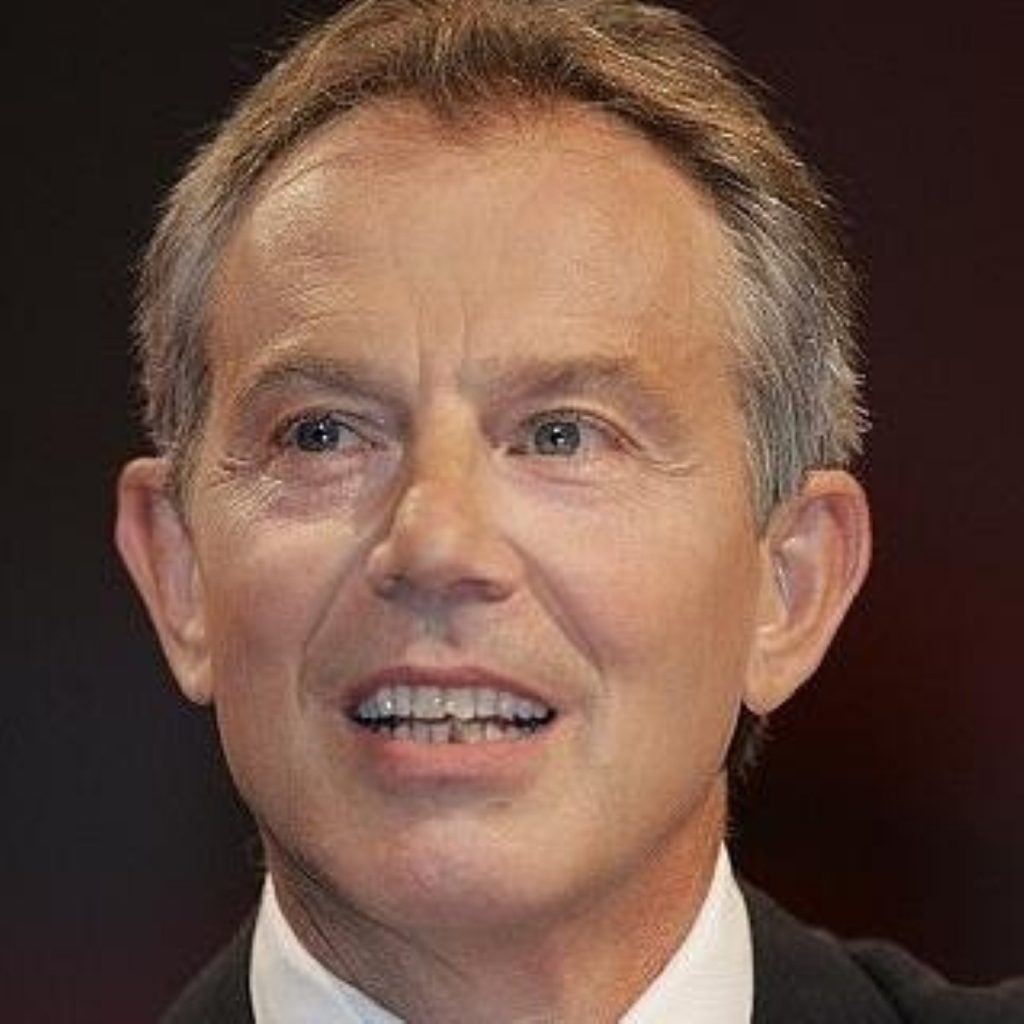Science ‘will change the world’
Britain must become a more “scientifically literate society” if it is to remain competitive and tackle key challenges such as climate change, Tony Blair urged today.
The prime minister admitted that at school he “felt I never understood [science] and it never understood me”, but said it was vital today’s pupils studied the subject.
“We need our young people today to embrace science enthusiastically, to realise that challenges like climate change can only be beaten by motivated and dedicated scientists,” he told the Royal Society in Oxford this morning.
Science was “utterly critical” to the economy and the government was determined to make Britain a “magnet for scientific endeavour” for people across the world.


Mr Blair said his government had increased the science budget from £1.3 billion to £3.5 billion in the past ten years, and was set to boost the money available for research and development from 1.9 per cent of GDP as it is now, to 2.5 per cent of GDP by 2014.
The UK was now a centre for a host of new technologies, he said. Britain’s stem cell bank was the first of its kind in the world, funded with £2.6 million from the Research Council, and the biotechnology sector now employed 22,000 people.
However, the prime minister stressed the public at large must understand and accept new scientific developments such as the MMR vaccination, stem cell research and GM foods.
Science could no longer be detached from society, he said, arguing: “Think of the big questions of our time – climate change, the spread of infectious diseases, water supply, biodiversity, terrorism. We will need to consult the scientists over every one.”
But all this would only be achieved by persuading more young people to become scientists, Mr Blair said, something which presented a major challenge given the current low take-up of science at GCSE, A-level and degree level.
He urged pupils to see that “if, as an idealistic young person, you wanted to change the world, then become a scientist. Politics will be necessary but insufficient”.
However, in a separate speech to high technology businesses in Cambridge today, shadow chancellor George Osborne warned that under Labour, 19 physics and ten chemistry departments had closed.
Two-thirds of physics GCSE teachers did not have a degree in the subject, and a third did not even have the A-level qualification, he said, adding: “No wonder that 1,000 fewer students are studying A-level physics every year.”
Mr Osborne called for immediate action to “save British science”, saying most of the science budget should be handled by scientists, rather than the current 80 per cent. He also said the subject at school needed to be made more exciting.
“Tony Blair and Gordon Brown have had nine years to get Britain’s science policy right. It’s now time for a new direction,” he argued.
Liberal Democrat science spokesman Evan Harris added: “Low attainment in schools, high graduate debt, poor post-doctoral career progression – our brightest and best are not going into scientific research and you can’t blame them.”









